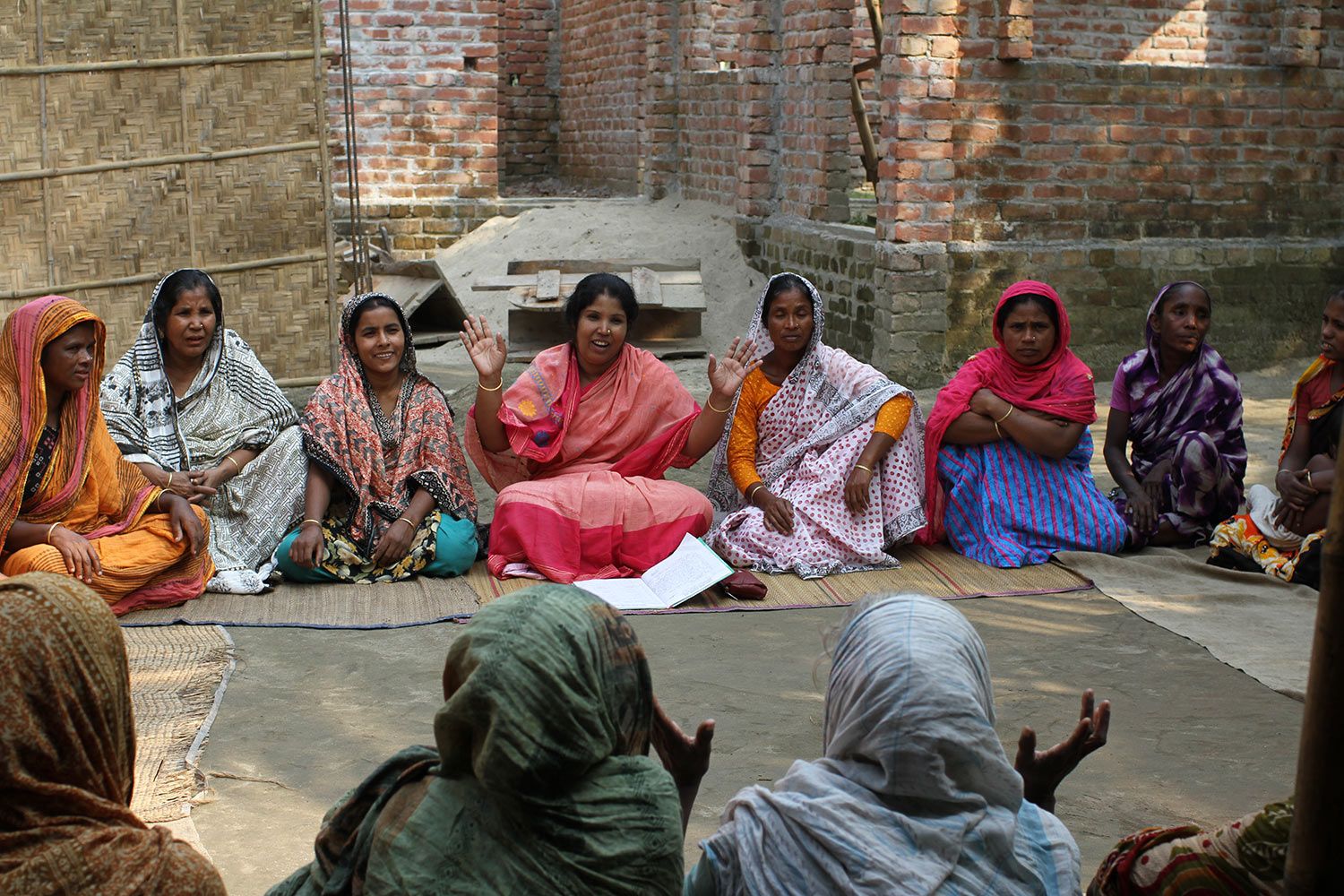Local Civil Society partnerships
DCA believes that civil society organisations can transform needs and rights of poor and marginalized groups into social and political power and that strong civil society organisations (CSO) are essential for the sustainability and long-term development.
DCA’s preferred approach is therefore to work with local partners from civil society and support them in their implementation. DCA aims to assist the local CSO partners to be – or to become – strong, autonomous, vibrant, professional, accountable, transparent organisations genuinely representing their constituencies. Local partners also enable us to better understand the problems of poverty and marginalization and are critical in ensuring sustainability of our interventions.
The basis for the CSO-partnerships is always an agreement on common values and principles, programmatic relevance, the partner’s technical skills and effectiveness but, the choice of partners also depends on how the local civil society has developed. DCA’s country offices identify and select local CSO’s who could be relevant partners for DCA.
Faith-Based and secular organisations
As a faith-based organisation with strong links to the Danish Church constituency and a member of ACT alliance, DCA always seek local ACT members and other Faith-Based Organisations with potential for being our partners in each focus country. In addition, DCA works with many secular organisations – e.g. smaller Community Based Organisations (CBOs), Local CSO’s with national coverage, advocacy networks, and support to social movements. DCA works with 150 local partners worldwide.
DCA constantly works to improve both the quality of our own and our partners’ work. We support organisational- and capacity development processes that strengthen our local partners as organisations. For humanitarian partners this also include making them better prepared in case of emergencies, e.g. with Disaster Preparedness planning and Cash Transfer training. It is essential to DCA to have a trustful and dialogue-based relationship with partners where mutual learning can take place and our local staff are key to this.
In some contexts, particularly in crisis- and fragile situations, DCA may not be able to identify local partners with all the capabilities needed to respond timely or effectively at scale. In such cases, DCA may co-implement and take full responsibility for larger parts of the direct implementation, e.g. all coordination, financial management or procurement. This is to ensure timely and effective responses and also to provide stronger support to gradually build the capacity of the partner. Our commitment to increasing the CSOs influence and ownership of the humanitarian work is however strong and reflected in our signing of the Charter for Change.
Working in partnerships
Our fundamental belief in partnerships, constructive dialogue and cooperation also means that DCA works together with many stakeholders other than CSOs. These include universities, private businesses, donors, and national authorities, even including police and military. However, what distinguish these relations from the CSO partnerships is that we do not invest in developing these stakeholders as organisations.
Cooperation with other stakeholders is also an important dimension of DCA’s role in Denmark. In DCA’s statutes it is highlighted that DCA “shall engage popular and political powers and seek to influence decision makers in order to improve conditions for the world’s poorest” (art. 4). This is done through close cooperation with a variety of organisations in Denmark, e.g. Folk High Schools, Youth organisations, Nødhjælpens Ungdom, and Danish Faith-Based organisation.

